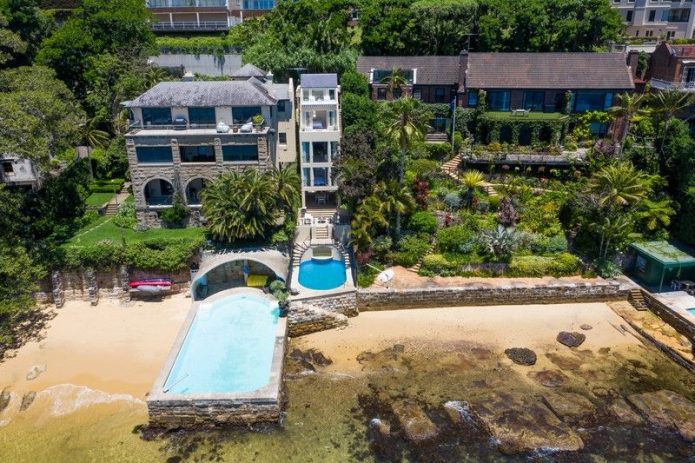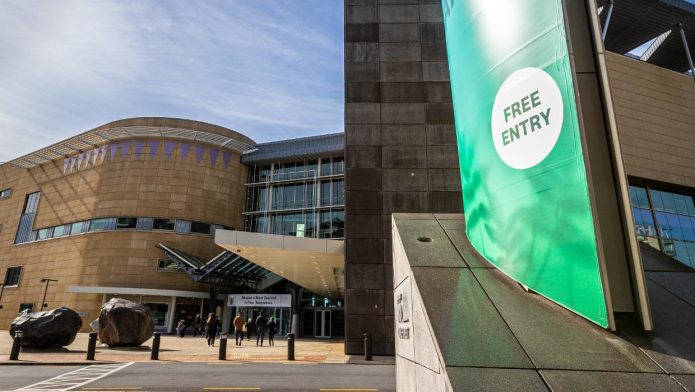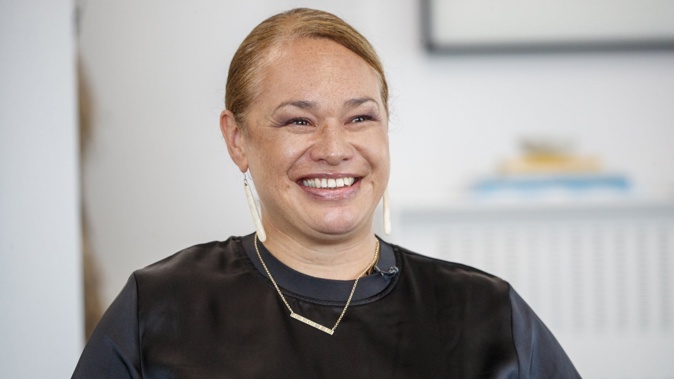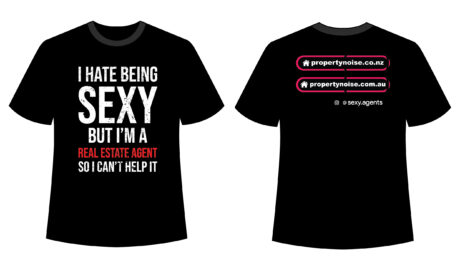PHOTO: The Reserve Bank has released its twice-yearly Financial Stability Review.
The Reserve Bank is warning of serious risks for those who are heavily indebted with limited savings buffers, while painting a generally upbeat picture of the resilience of Australian households as interest rates rise.
Key points:
- Reserve Bank modelling estimates housing prices may fall 15 per cent if interest rates rise 2 percentage points
- The RBA says the vast majority of borrowers will be able to manage rising repayments as rates increase
- The bank warns a greater proportion of renters than home owners are vulnerable to financial stress
The bank’s twice-yearly Financial Stability Review (FSR) reported that, on the whole, Australian mortgage borrowers are in a much better position to deal with rising interest rates than they were before the pandemic.
“Most indebted households have benefited from strong growth in housing prices over the past year and, coupled with higher mortgage repayments in excess of scheduled requirements, the vast majority have accumulated substantial additional equity in their homes,” the report noted.
The RBA estimated that only around 5 per cent of loans now have an outstanding loan-to-value ratio (LVR) greater than 75 per cent, compared to almost a quarter at the beginning of 2020.
This means that for 95 per cent of borrowers, it would take more than a 25 per cent drop in home prices to send them into negative equity, the dangerous position where the borrower owes more to the bank than their home is worth.
“The share of loans in negative equity is also estimated to be exceptionally low, at less than 0.25 of a per cent, down from 2.25 per cent in January 2020,” the review added.
House price falls forecast
The improvement in both of these metrics has been mainly driven by the exceptional surge in housing values during the pandemic, with property prices surging by almost a quarter over the past year in the steepest growth seen since the late-1980s.
However, the RBA also warned that much of that gain is likely to be unwound over the next couple of years as interest rates rise.
“Estimates using a model of the housing market that takes into account historical relationships between interest rates and both demand and supply factors suggest that a 200-basis-point increase in interest rates from current levels would lower real housing prices by around 15 per cent over a two-year period,” the FSR noted.
While would-be home buyer Manar would welcome the drop in prices, she is cautious about how rising rates could affect her repayments.
“I think it’s really important that you are factoring that calculation into your plans,” she told the ABC’s PM program.
READ MORE VIA ABC












